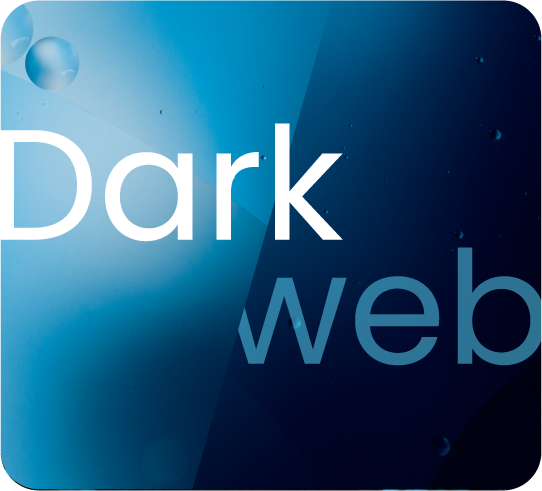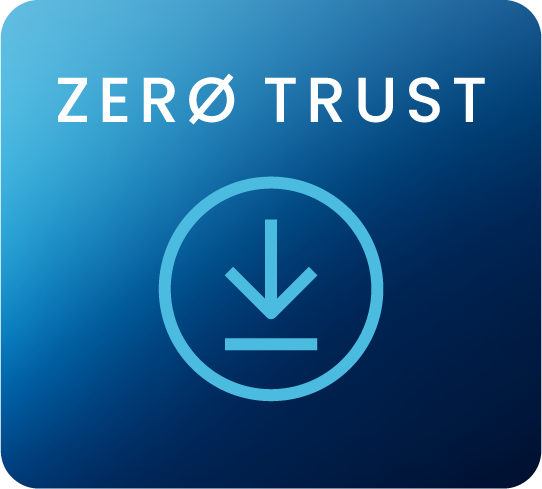Why an MSP is Better than an Independent IT Provider for Your Business

In today’s fast-paced business world, IT isn’t just a tool—it’s the backbone of growth, efficiency, and innovation. For businesses deciding how to manage their IT, the choice often comes down to an independent IT provider or a Managed Services Provider (MSP).
While independent IT providers offer a personal, cost-friendly approach, MSPs deliver a comprehensive, future-focused service that supports your business at every stage. If you’re weighing the two options, here’s why partnering with an MSP can be the smarter, long-term choice.
Top Conditional Access Policies Every SME Should Know

Why Conditional Access Policies Are a Game-Changer for Your Business
Why Every Business Needs an AI Policy

As AI tools become more deeply embedded in the way we work, having a clear, actionable AI policy isn’t just a good idea—it’s essential. AI has tremendous potential to transform operations, improve efficiencies, and drive innovation. But along with the benefits come risks, including data privacy challenges, ethical considerations, and compliance requirements. This is why businesses need an AI policy: a structured framework that ensures safe, transparent, and responsible AI usage while meeting New Zealand’s legal and industry standards.
Master Guide to CoPilot

Microsoft 365 CoPilot and Windows CoPilot are powerful tools, but let’s keep it real—they’re not going to magically solve every problem. Their true value lies in freeing you up to focus on the big picture by taking over those repetitive, time-consuming tasks. Whether it’s summarising meetings, analysing data, or organising your email overload, CoPilot works across Word, Excel, Teams, and Outlook to handle the small stuff that eats up your time.
Teams Premium vs. Copilot for M365

In today’s fast-evolving business world, choosing the right tech tool can feel like a pivotal decision. It’s not just about cost—it’s about functionality, fit, and the real impact on your team’s day-to-day. Microsoft’s Teams Premium and Copilot for M365 each offer compelling ways to bring AI into your work, but they’re designed with different goals and budgets in mind.
When your sensitive data surfaces online, you need to know first

Ever wondered where lost data or stolen credentials end up? The dark web—an unregulated corner of the internet often associated with cybercrime—is a marketplace for stolen information. For businesses, failing to monitor the dark web can mean missed warning signs of data breaches and potential exposure to criminal threats. Let’s dive into why dark web monitoring matters and how it can help keep your company safe.
Paranoia can be your best asset—if it’s Zero Trust

In a Zero Trust model, trust is a privilege that has to be earned, repeatedly. It’s a simple but profound rule: assume that every user, every device, and every connection is potentially hostile until verified otherwise. Unlike traditional security that trusts the network perimeter, Zero Trust keeps your data safe by continuously verifying each access request. It’s about making sure that only the right people and devices get the right level of access, every single time.
Protecting Business Data in the Palm of Your Hand

As more employees use mobile devices to access company resources, protecting business data on these devices has become essential. With solutions like Microsoft 365’s Basic Mobility and Security and Addigy for Apple, companies can establish secure, managed access across iOS, Android, and Windows. MDM policies allow businesses to protect data on both personal and company-owned devices, offering critical safeguards wherever work happens.
If you don’t trust anything by default, you have a massively reduced attack surface

In today’s complex digital landscape, applications are everywhere. From cloud-based systems to third-party services, applications are vital to modern business operations. However, every application represents a potential gateway for cyber threats if not properly secured. This is where Zero Trust principles come into play, ensuring that even trusted applications are continuously verified.
Do you know if anyone is currently inside any of your teams’ email accounts? Seriously?

Business Email Compromise (BEC) is one of the most financially damaging cyber threats out there today. Despite its simple nature, it has cost businesses billions globally. Even the most tech-savvy organisations can fall victim to these sophisticated scams. But what exactly is BEC, and why should it matter to your business?